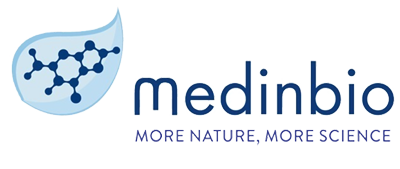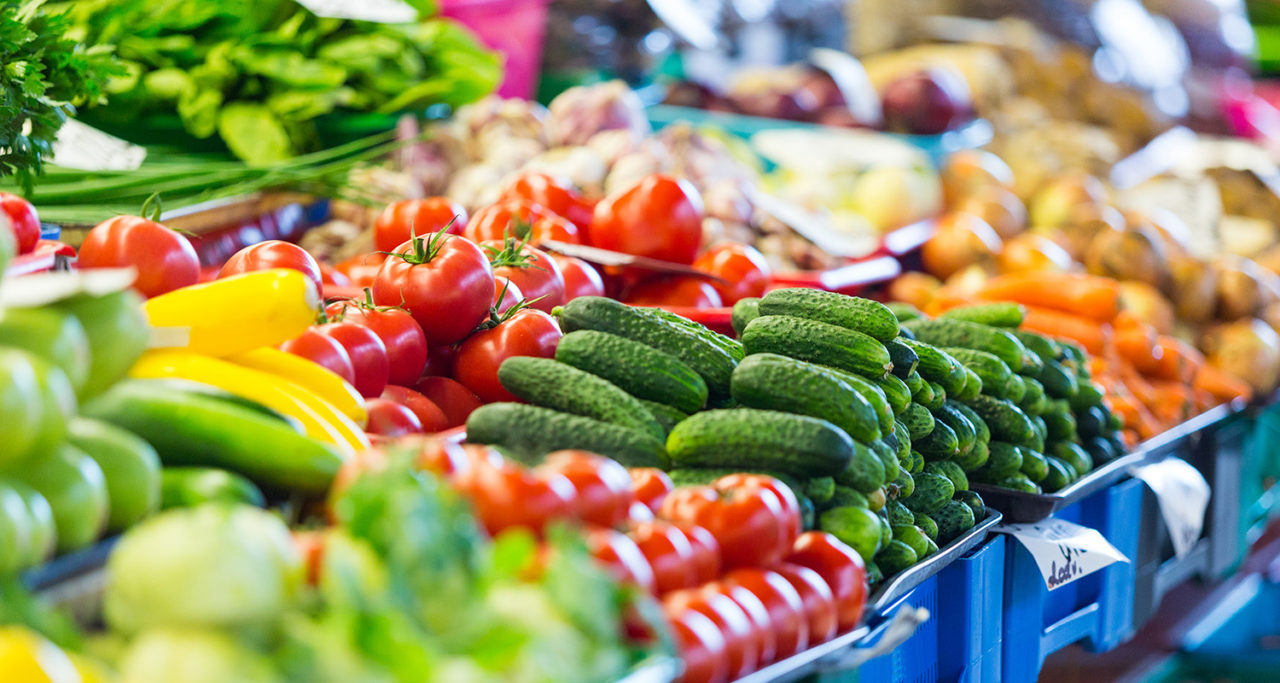Medinbio accompanies farms in their approach to reduce and eliminate synthetic pesticides by changing their production methods, which allows them to access HVE certification more quickly.
The company has designed a new agricultural model that is both healthy and productive thanks to a major innovation, the aggregative system approach, with the ambition of approaching the yields of conventional production, while eliminating the use of synthetic phytosanitary products. It is presented as an alternative to the organic farming model, which allows agricultural players to open doors to new, more lucrative markets through specific quality channels.
What are the different agricultural certifications that promote the reduction of pesticides?
Environmental certifications and labels, including the HVE approach, are awarded to farms in recognition of their commitment to more environmentally friendly production methods.
1. High environmental value certification
This level of agricultural certification, supported by the State, guarantees the farmer's compliance with and control of environmental regulations, particularly with regard to the cross-compliance of CAP aid. The aim is to commit the farmer to a process of environmental progress.
Different levels allow the farmer to position himself in the process, the last one allowing him to communicate the HVE certification on his products.
Reaching level 1 requires that the farmer :
- carries out an assessment proving that the environmental requirements of the cross-compliance of CAP aid have been respected by the farm, i.e. the requirements relating to the "Environment", "Plant Health" and "Good Agricultural and Environmental Conditions (GAEC)" areas.
- carries out an assessment of the farm against the second level standard and/or against the third level environmental performance thresholds.
Level 2 environmental certification is based on a set of standards comprising 16 requirements grouped into four themes: biodiversity, plant health strategy, fertilisation management and water resource management. They are designed to minimize the environmental impact of the farm and to be integrated in a relevant way in the daily management of the farm.
Level 3 environmental certification, known as "High Environmental Value", imposes an obligation to achieve results. In the same way, the results indicators relate to biodiversity, phytosanitary strategy, fertilisation and irrigation management.
2. Labels and approaches led by manufacturers or farmers' groups
Numerous environmental initiatives are currently being implemented by manufacturers and farmers. All of them aim to promote and communicate on the actions carried out on farms and on crops. Oriented towards the preservation of the environment, they are often associated with rigorous specifications that encourage farms to implement various actions towards the environment.
Some will focus on reducing pesticides or their carbon impact, while others will favour the preservation of ecosystems and biodiversity.
All of these private initiatives require both farms and manufacturers to completely review their organization.
For the former, production methods that are often dependent on agrochemicals will need to move away from the eternal problem/solution approach towards a more global approach to crops.
For the latter, as these environmental approaches are costly, they will have to organize themselves to enhance the value of the farmers, secure their loyalty and guarantee their sustainability.
How to set up a pesticide-free agroecological sector?
MEDINBIO offers a complete range of services to support producers, producer organisations, agri-food industries and large-scale distribution in their efforts to reduce their environmental footprint, thus enabling them to obtain agricultural certification or an environmental label.
The company develops innovative solutions and a unique method for reducing chemical pesticides that can be adapted to each problem and thus meet the expectations of all the certifications and labels on the market.
The agro-ecological aggregative system approach associated with innovative natural formulations constitutes a new paradigm combining productivity and respect for the environment: intensive organic agriculture.
The MEDINBIO method provides answers to the technical impasses that conventional agriculture may face after the banning of certain phytosanitary active ingredients. The company also addresses organic and rational farming.
Thus, MEDINBIO's expertise can be used to integrate alternatives into an agro-economic itinerary and to create healthy and efficient agro-ecological sectors.
MEDINBIO is committed to a complete support approach with its partners to adapt its method to their specific problems with successive phases of audit, research, experimentation, testing and deployment with training and monitoring.


